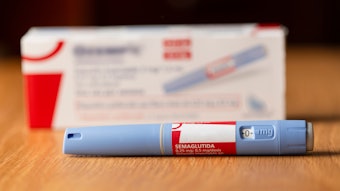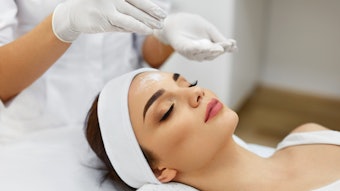
Teenagers account for about four percent of all cosmetic procedures, according to 2017 statistics from the American Society for Plastic Surgery (ASPS), yet little research exists on the safety of these treatments in teens and few guidelines have been established to guide physicians in treating these patients.
To help cosmetic practitioners better serve their teen patients, Rod J. Rohrich, MD, and Min-Jeong Cho, MD, of the Dallas Plastic Surgery Institute, published a paper in the September issue of Plastic and Reconstructive Surgery that offers the following guidelines for the most popular cosmetic procedures:
Rhinoplasty: In children and teens with significant nasal deformities, nose reshaping may be recommended. It is recommended that surgery not be performed until nasal growth is completed—typically age 15 to 16 in females and age 16 to 18 in males. In some situations, such as a child with a cleft lip, a rhinoplasty may be performed at a younger age.
Breast reduction: To alleviate back and neck pain, a breast reduction is commonly performed on teen girls; however, it is important to ensure that surgery is performed after the patient has completed breast development, which typically occurs between 12 and 19 years of age. Additionally, breast enlargement can be a temporary problem in adolescent boys, but is sometimes treated by male breast reduction if it has not resolved in the early teen years.
Otoplasty: Surgery to correct ear deformities can be performed as young as age five, as this is when the ear is almost fully grown.
Liposuction: Unless performed as part of a breast reduction surgery, it is not recommended that a teenager undergo liposuction.
Breast augmentation: Candidates with uncommon chest deformities or congenital breast asymmetry are generally the only cases in which a board-certified plastic surgeon should deem breast augmentation appropriate for a teenager. It is important to note that the U.S. Food and Drug Administration approved saline-filled breast implants for breast augmentation in women age 18 or older and for breast reconstruction in women of any age. The FDA approved silicone-filled implants for women age 22 or older.
In regard to nonsurgical interventions, Dr. Rohrich notes: “While a rhinoplasty or ear surgery can be performed safely by a board-certified surgeon and are, in many cases, appropriate for an adolescent, other cosmetic procedures such as breast augmentation, liposuction or injectables are typically not recommended for minors for several reasons, including lack of research. It's concerning that there has been a surge in the use of injectables in young patients to achieve augmented cheeks and lips when there is no evidence that these procedures are safe for adolescents.”
Image copyright Getty Images











